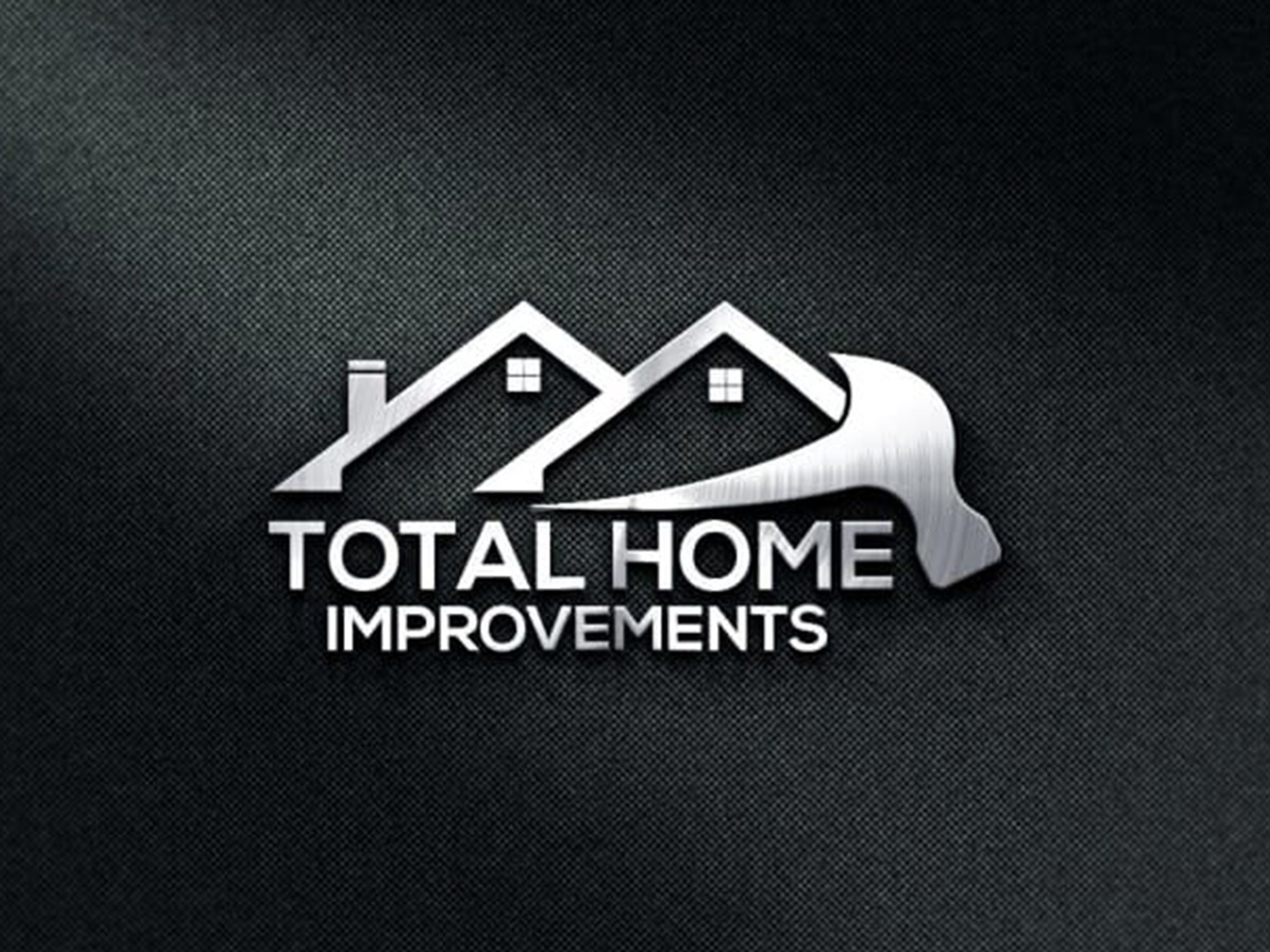Once it comes to remodeling your home, selecting the right home improvement contractor can be one of the most crucial choices you can make. Your home is not just a place to live; it is an asset that deserves thorough consideration and skilled craftsmanship. Whether you're planning a minor renovation or a major overhaul, identifying a reliable expert who understands your vision and can bring it to life is vital.
Moving through the world of home improvement companies can be challenging, especially with so many possibilities available. bathroom remodeling is crucial to know what to look for in a dependable home improvement company to ensure that you receive quality service and a outcome that you will be proud of. By knowing the essential traits and qualifications that separate the best contractors from the rest, you can choose smartly and avoid possible pitfalls. In this resource, we will explore the top traits to seek in your next home improvement contractor, enabling you to make an educated choice that aligns with your renovation goals.
Important Traits of a Trustworthy Contractor
When looking for a trustworthy home improvement contractor, effective communication is essential as a core trait. A good contractor pays attention to your requests, addresses all your concerns, and upholds an ongoing line of discussion throughout the project. home renovation is vital in building trust, guaranteeing that everyone is on the same page regarding timelines, financial plans, and design concepts choices. A contractor who prioritizes communication will make the renovation experience easier and more team-oriented.
In addition, a significant trait of a dependable contractor is the proven history of quality work. Find contractors with proven portfolios, positive customer testimonials, and a history of completed projects that align with your plans. A good contractor should be ready to offer references and past work, showing their skill and devotion to high standards. This not only displays their skillset but also comforts you of their commitment to providing exceptional results.
Finally, a trustworthy contractor should be fully licensed and insured. This not just safeguards you from possible liabilities but also indicates that the contractor adheres to industry standards and requirements. A proper licensing demonstrates their authority in the field, while insurance coverage safeguards against unforeseen events or damages that may occur during the renovation undertaking. Be sure to verify these certifications before settling on your choice to confirm you are choosing an expert who is not only qualified but also reliable.
Questions to Consider Before Engaging
As you evaluating a residential improvement service provider, it's crucial to involve them in a discussion to gauge their compatibility with your project. Begin by asking about their background in the specific type of services you require. Ask about their previous projects, particularly those that mirror yours, to evaluate their expertise. This helps ensure that they are knowledgeable in the particular issues and demands of your renovation.
A vital question revolves around licenses and coverage. Request to see their qualifications, including proof of insurance and any necessary licenses. A trustworthy contractor should not be reluctant to provide this information, as it safeguards both you and them in the event of an incident. This step is important in making certain that you are working with a legitimate company that values safety and compliance.
Finally, discuss the schedule and financial arrangements to prevent future confusion. Ask how long the project is expected to take and what milestones will be set throughout the process. Additionally, clarify their payment policies, including deposit requirements and acceptable methods of payment. Transparency in these aspects can help build trust and provide a more seamless renovation experience.
Warning Signs to Avoid
When searching for a reliable home improvement contractor, it's important to be alert about certain warning signs that may indicate a less-than-reputable company. One major red flag is a lack of appropriate licensing and insurance. A genuine contractor should be able to provide proof of their licensing and have liability insurance, which protects you from potential liability in case of accidents or damages during the project. If a contractor hesitates to provide this information or cannot produce documentation, it’s wise to continue your search somewhere else.

Another worrisome sign is ineffective communication. If a contractor is unresponsive to emails or phone calls during the first inquiry phase, it might hint at how they will manage communication throughout the project. A trustworthy home improvement company should be ready to respond to your questions and concerns efficiently. Further, if they make promises that seem unrealistic, such as drastically lowering costs without sacrificing quality, it’s essential to approach these offers with skepticism.
Lastly, watch for negative reviews and feedback from previous clients. While no company is flawless and the occasional complaint is normal, a pattern of negative experiences or unresolved issues should signal a red flag. Look for testimonials and feedback on independent platforms rather than just the company’s website. If you notice consistent complaints about workmanship, punctuality, or service quality, it's a strong indication that you should proceed with care and explore alternative choices.
